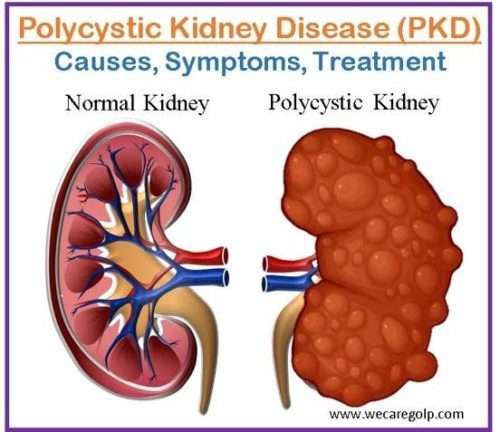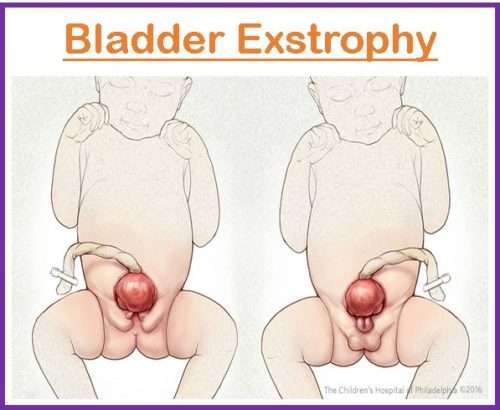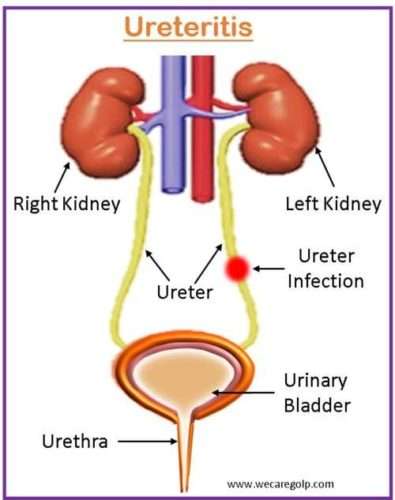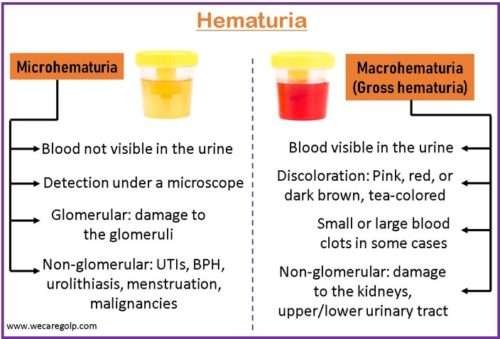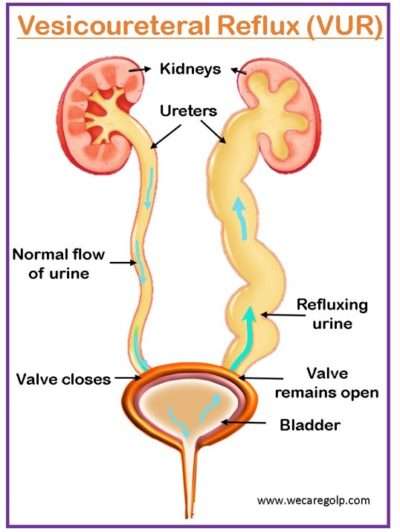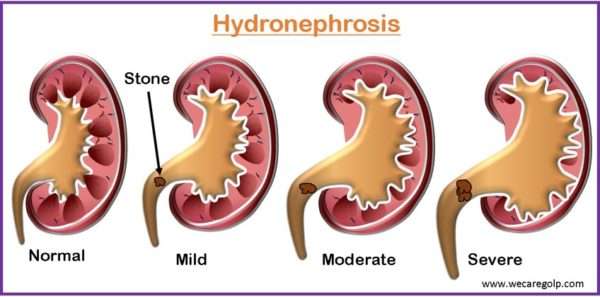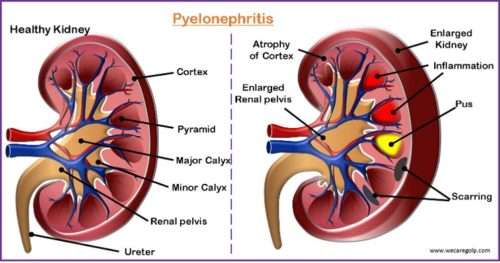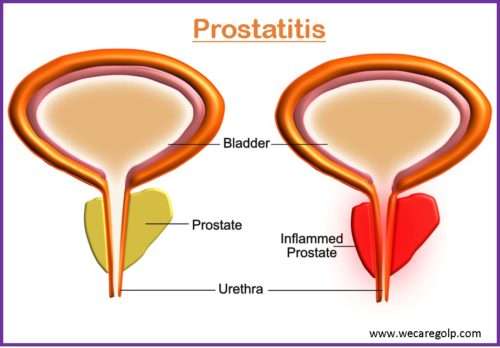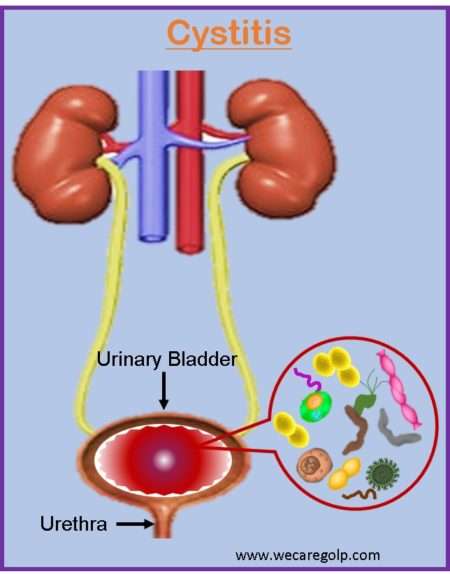Polycystic Kidney Disease (PKD)
Introduction Polycystic kidney disease (PKD) is a genetic condition characterized by bilateral renal cysts (fluid-filled sacs) and renal enlargement. It is a progressive multisystem illness involving other organs e.g., liver, pancreas, spleen, etc. Autosomal dominant polycystic kidney disease (ADPKD) and autosomal recessive polycystic kidney disease (ARPKD) are two primary types of PKD. Kidney failure can … Read more

